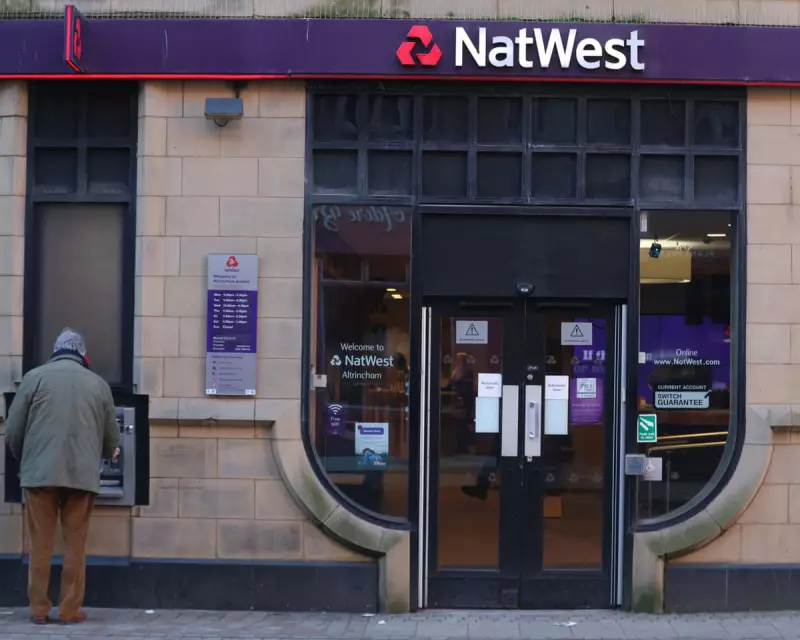
NatWest's chief executive has issued a stark warning to the government against increasing taxes on Britain's banking sector, despite the lender reporting a impressive 27% jump in quarterly profits.
Paul Thwaite, who took permanent leadership of the high street bank earlier this year, used the publication of NatWest's strong third-quarter results to advocate for maintaining the current tax framework. The bank reported operating pretax profits of £1.33 billion for the three months to September, up significantly from £1.05 billion during the same period last year.
Competitiveness Concerns Take Centre Stage
Thwaite emphasised that further tax increases could damage the UK's position as a global financial hub. "We need to make sure the UK remains competitive," he stated, highlighting the importance of a "stable and predictable" tax environment for the banking industry.
The banking sector currently faces an 8% surcharge on corporation tax in addition to the main 25% rate, creating a combined tax burden that Thwaite suggests is already substantial enough.
Strong Performance Driven by Interest Income
NatWest's profit surge was largely fuelled by higher interest rates, which boosted the bank's net interest income to £2.59 billion. This represents the difference between what banks charge for loans and what they pay out for deposits.
However, the bank did set aside £242 million for potentially soured loans, indicating some caution about the economic outlook despite the strong performance.
Government Stake and Political Pressure
The results come at a sensitive time for NatWest, which remains 22.5% owned by the taxpayer following the 2008 financial crisis bailout. The government has been gradually reducing its stake, but the bank's profitability often sparks political debate about appropriate taxation levels for the sector.
Thwaite's comments represent a pre-emptive strike against potential tax increases that could be considered by the government as it looks for revenue-raising opportunities.
Balancing Act for Policymakers
The NatWest boss acknowledged the government's difficult position in needing to fund public services while supporting economic growth. However, he argued that maintaining banking sector competitiveness should be a key consideration in any tax decisions.
"We want to support our customers and help the economy grow," Thwaite said, suggesting that excessive taxation could ultimately reduce banks' capacity to lend to businesses and households.
With the banking sector continuing to generate substantial profits amid higher interest rates, the debate over appropriate taxation levels is likely to intensify in the coming months.





